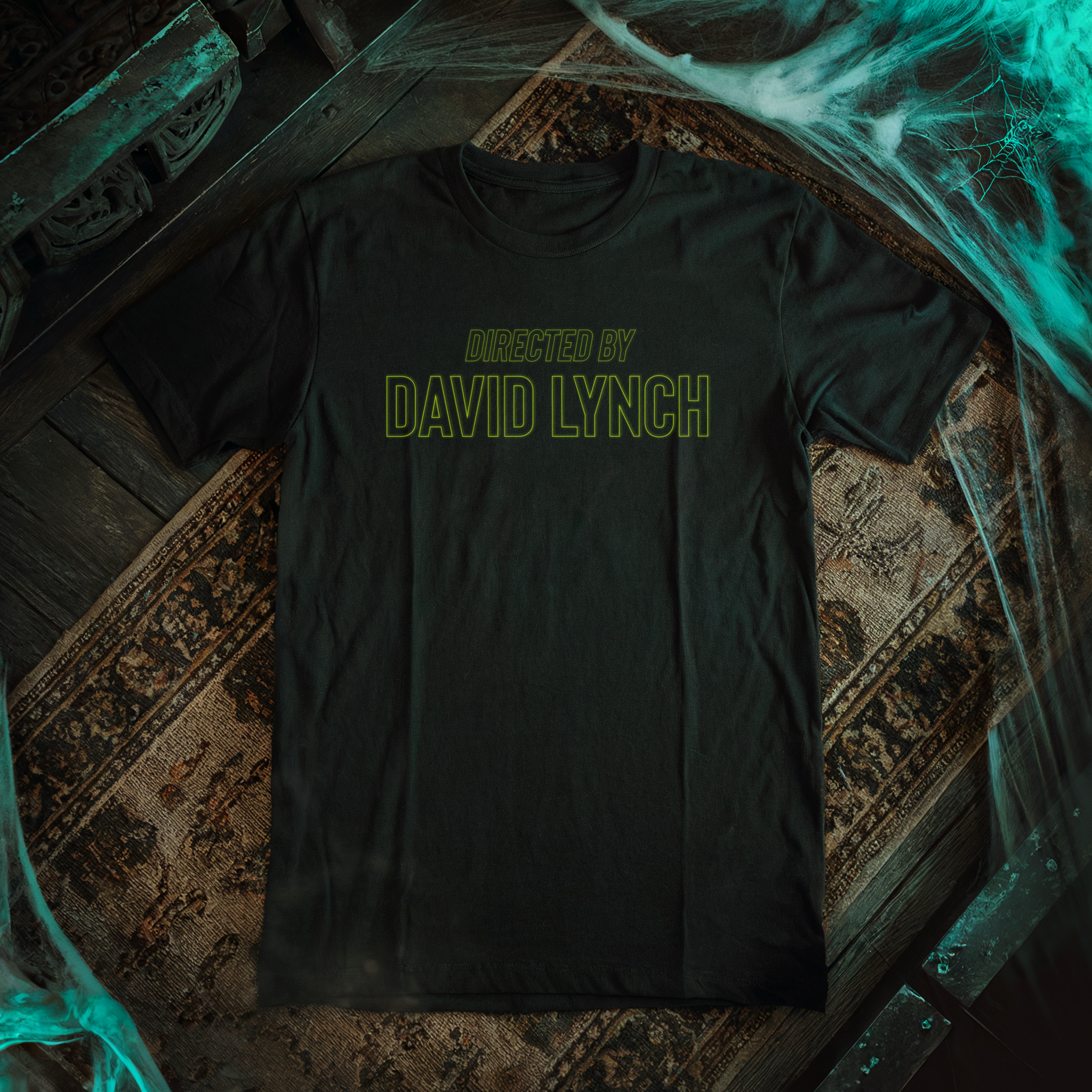Frida Kempff’s psychological thriller Knocking (Knackningar) is an eerie and unsettling tale of mental illness that takes the viewer deep inside the mind of an unstable narrator. The film bends and twists reality in small believable ways until you realize you’ve been under the same spell as your lead the whole time. Claustrophobic to the core, the film is shot beautifully by Hannes Krantz, whose camera embeds us in Molly’s world. It’s the slowest of slow burns, calmly talking you from peace to paranoia, but I might suggest brewing a strong cup of coffee beforehand, and making sure to pack your patience for the ride.
The film also features an intense performance from Cecilia Milocco who is on screen in nearly every frame, bringing an intense focus to the emotional tornado of Molly’s struggle. Her mental illness is inescapable, all-encompassing, and wholly unsympathetic to her wellbeing. Molly knows she has a history of erratic, paranoid behavior but it’s that conniving seed of doubt inside that haunts her endlessly. There is a shrowd of obscurity that hangs over everything in Molly‘s life and that same obscurity carries over into the film as well. It’s a very deliberate choice that is in line with the tone of the film but one that I found incredibly frustrating.
![KNOCKING 4 by Ida Zimmerman [Sundance 2021 Review] Swedish Slow Burn KNOCKING is A Paranoid Thriller For The Patient Viewer 11 KNOCKING 4 by Ida Zimmerman](https://nofspodcast.com/wp-content/uploads/2021/01/KNOCKING_4_by-Ida-Zimmerman.jpg)
When Knocking begins, Molly is on the verge of either a headline-worthy breakthrough or a life-ruining breakdown and we are right there with her through the entire experience. Molly has just been released from a year-long psychiatric observation and she’s beginning to pick the pieces of her life back up. She’s been given a clean bill of health, an apartment to call her own, and several rounds of medication to help keep her in a healthy state of mind. Everything would be perfect if it wasn’t for the unexplainable knocking coming from an apartment above.
Molly reacts the same way you would to the knocking at first. She goes upstairs to politely ask her neighbors about the banging but no one has any idea what she”s talking about. Or, at the very least, no one wants to admit to the knocking because we soon realize that what we thought was just erratic noisemaking is in fact morse code. The messages are coming too fast for Molly to make out exactly what is being said but someone is clearly in danger, desperately reaching out for help. Equally desperate is Molly herself. She can’t find anyone to believe her, and even we begin to discredit her claims as we learn more about her past and the mysterious cries for help stretch beyond belief.
![KNOCKING 3 by Hannes Krantz [Sundance 2021 Review] Swedish Slow Burn KNOCKING is A Paranoid Thriller For The Patient Viewer 12 KNOCKING 3 by Hannes Krantz](https://nofspodcast.com/wp-content/uploads/2021/01/KNOCKING_3_by_Hannes_Krantz.jpg)
Knocking is Molly’s story and we never leave her side. It’s both the film’s biggest strength and what kept me from really falling in love with it. There is an ambiguity you have to accept when you’re walking a mile in Molly‘s shoes and it’s an ambiguity that she lives with every single day. Although there is nary a scene you would call “scary”, Molly lives inside a horror movie of her own. Either she is suffering from hallucinating after neglecting her medication or everyone around her is using her condition as an excuse to avoid saving a helpless woman from dying. Both of those scenarios are enough to break you but what’s worse is that there will never be an answer for someone like Molly. She will always struggle with trying to make sense of the mirage.
For a patient viewer, Knocking would make a great double-bill with Rose Glass’ Saint Maud. Both films embed the viewer in the mind of a person on the verge of collapse. Where Knocking fails to wow is in how it leaves you at the end. From the very beginning, you are on a journey with Molly up a mountain of madness. You briskly leave the safety of basecamp in Act I, working through some exhilarating patches along the way, but there is no view at the top that makes the destination feel worth the journey. To its credit, the tension and paranoia of Molly’s story is a steady, continuous climb but the climax of that story has no clear resolution which you will either identify as a fault or a bold choice in immersive storytelling.
Frida Kempff’s Knocking celebrated it’s World Premiere at the 2021 Sundance Film Festival. Click HERE to follow our full coverage of the festival and be sure to let us know if you’ve been hearing strange sounds late at night over on Twitter, Reddit, Facebook, and in the official Nightmare on Film Street Discord. Not a social media fan? Get more horror delivered straight to your inbox by joining the Neighbourhood Watch Newsletter.
![Knocking Poster Sundance scaled [Sundance 2021 Review] Swedish Slow Burn KNOCKING is A Paranoid Thriller For The Patient Viewer 13 Knocking Poster Sundance scaled](https://nofspodcast.com/wp-content/uploads/2021/01/Knocking_Poster_Sundance-scaled.jpg)





![KNOCKING 1 by Hannes Krantz [Sundance 2021 Review] Swedish Slow Burn KNOCKING is A Paranoid Thriller For The Patient Viewer 10 KNOCKING 1 by Hannes Krantz](https://nofspodcast.com/wp-content/uploads/2021/01/KNOCKING_1_by_Hannes_Krantz.jpg)



